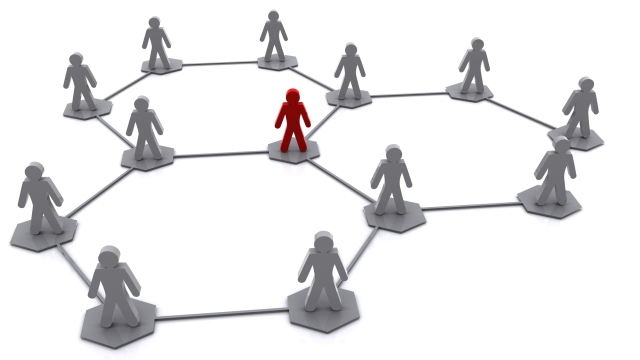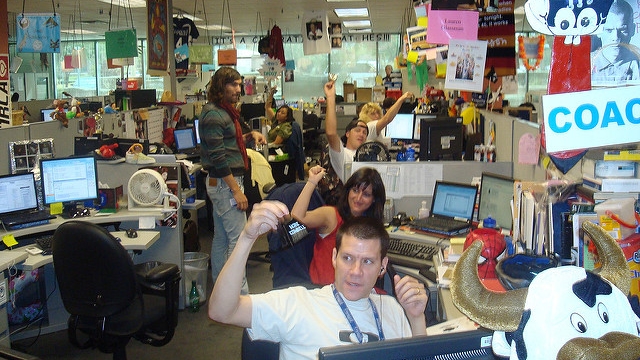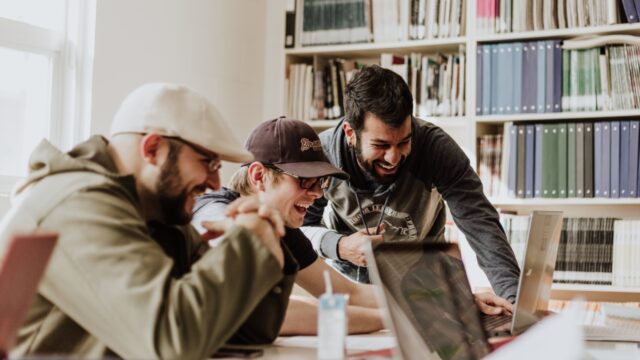
Terrorism and knowledge management
In the wake of the Brussels bombings, people around the world are again mourning the victims of a terrorist attack. How can knowledge management assist in the fight against terrorism?
Terrorists have become proficient knowledge workers
In chapter II of the book Cyber Warfare and Cyber Terrorism, Gil Ariely discusses how terrorist organizations have become “knowledge-centric, networked organizations, with a post-modern approach to organizational paradigms.” Ariely is Chief Knowledge Officer at the International Institute for Counter-Terrorism (ICT), Interdisciplinary Center (IDC), Israel.
He discusses how terrorists have evolved in the knowledge society:
Terrorism is a societal phenomenon, and as such is closely integrated with changes in our postindustrial society, namely:
- Structural changes towards networked, knowledge centric organizations
- The understanding (and implementation) of knowledge as a resource
- An intuitive “learning organization” culture in terrorist organizations
- Postmodern terrorism trends able of a direct change of reality
Ariely advises that knowledge management is pivotal in addressing terrorism as a social phenomenon, stating that “It takes a network to beat a network.” He alerts to the importance of information sharing and systems and international cooperation.
An example of effective counter-terrorism knowledge networks
A successful example of the ‘networks beating networks’ advised by Gil Ariely is the Canadian Government’s Chemical, Biological, Radiological and Nuclear (CBRN) Research and Technology Initiative (CRTI). Research exploring the effectiveness of this initiative was discussed in a previous RealKM Magazine article.
CRTI is described as:
…a new best practice model for expertise and leadership in the federal science and technology community. A shift from traditional science policy – a move towards interdepartmental and external collaboration. A new way of doing business.
Image source: Brussels 23 March 2016 – Gathering at the Bourse by Valentina Calà is licensed by CC BY-SA 2.0.
Also published on Medium.







Yes another piece of bad news Bruce. Yes, i agree that these people have become so savvy with the social media, and other information networks, so much so that i feel we may have created a monster that is going to bite us all 🙁